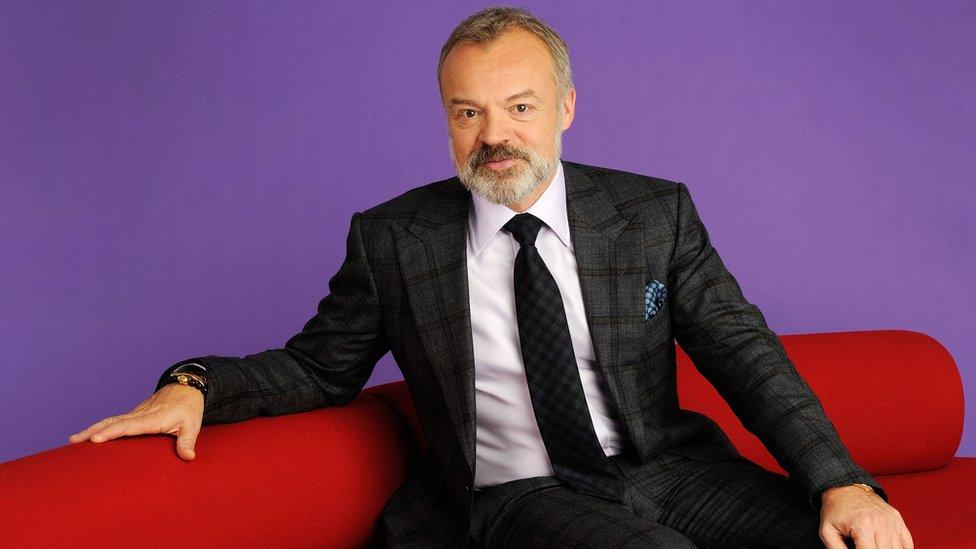BBC 100: 40 interesting facts about its biggest programmes
- Published
From Doctor Who to Desert Island Discs, the BBC has become one of the most recognised and cherished media brands around the world thanks to its programmes.
As the corporation gears up to celebrate its 100th birthday, it's worth looking back on some of the content (and controversy) that has surrounded its biggest brands.
There are far, far too many BBC programmes to be able to mention even 1% of them here, so please stop composing your letter of complaint and just enjoy reading up on a select few.
Here are 40 interesting facts about some of the BBC's best-known programmes.

1. Radio 4's Today
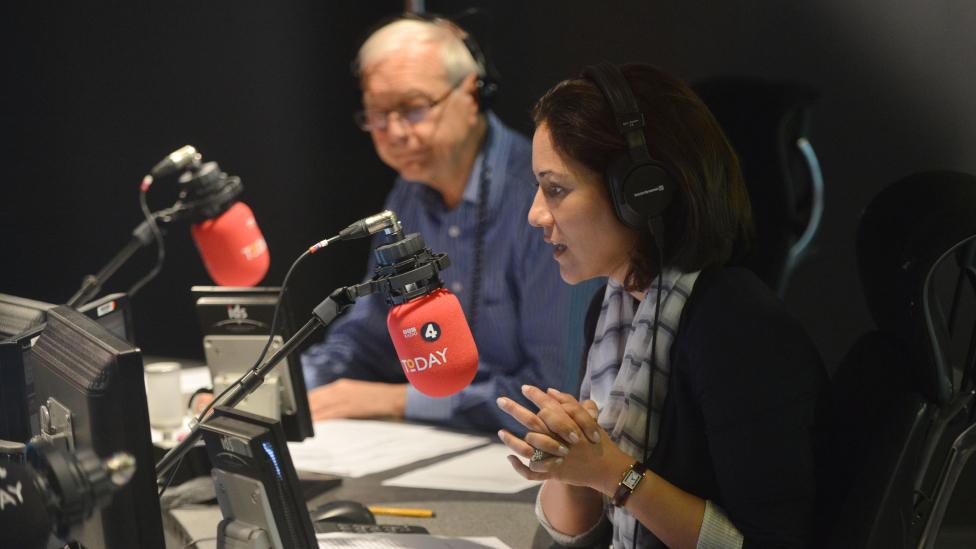
John Humphrys, pictured with Mishal Husain, was on air in 1988 when Margaret Thatcher called into the programme
The BBC's flagship news programme has been hosted by some of the most illustrious journalists in the corporation's history, starting with Jack de Manio, who presented the first edition in 1957
The broadcast of BBC Radio 4's Today programme is famously one of the official measures the Royal Navy uses to prove that the UK still exists. If it can't be picked up by nuclear submarines during their isolated missions for three days in a row, then it could signify Britain's demise, triggering the doomsday protocol., external
In 1988, then Prime Minister Margaret Thatcher famously called the programme from Downing Street after hearing a news bulletin, rather taking presenter John Humphrys by surprise, external
The airwaves have, on occasion, turned blue, twice because of Jeremy Hunt (although the chancellor has never been the one doing the swearing). But perhaps the moments listeners truly love the most are the times when the usually straight-faced newsreaders can't stop laughing., external
2. Strictly Come Dancing
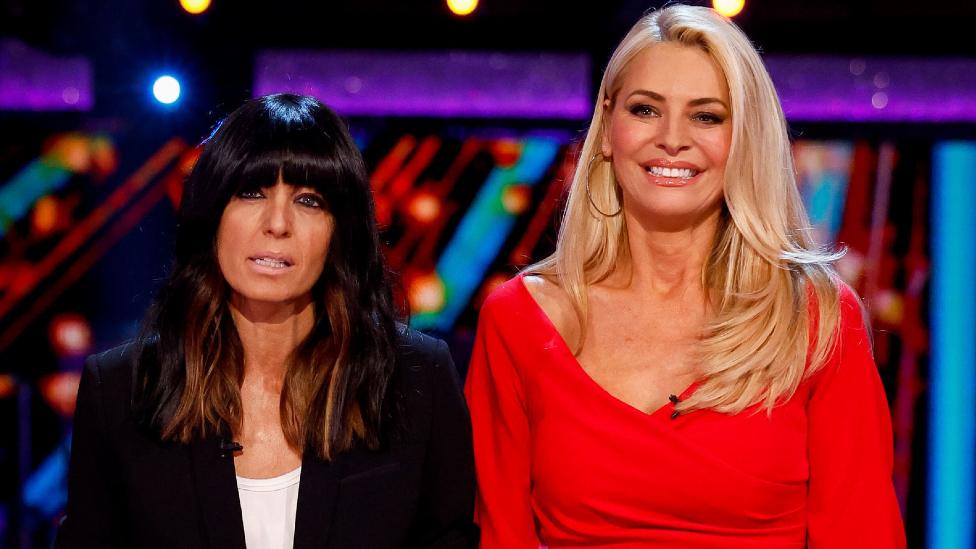
Launched in 2004 with a series lasting just six weeks, Strictly Come Dancing built its audience year by year - eventually overtaking The X Factor, which dominated the TV landscape in the late noughties - and became one of the most watched programmes on the BBC
Creator Fenia Vardanis dreamt up the idea, external during a dull commissioning meeting at the BBC in 2003. Then BBC One controller Lorraine Heggessey said it wasn't initially popular idea with bosses. "There was quite a lot of opposition," she recalled. , external
Eventually, she said, management relented on the condition that the word "celebrity" wasn't used in the programme title in case it was seen as dumbing down
The format has since been exported around the world, most notably to the US for the hugely successful Dancing With The Stars. For years, judges Len Goodman and Bruno Tonioli flew across the Atlantic every week to appear on both panels
Highlights of the British show have included Ed Balls' Gangnam Style, Bill Bailey's Rapper's Delight and John Sergeant's Paso Doble. Lowlights have included several marriage break-ups due to the so-called "Strictly Curse" where celebrities fall for their pro partners.
3. Blue Peter
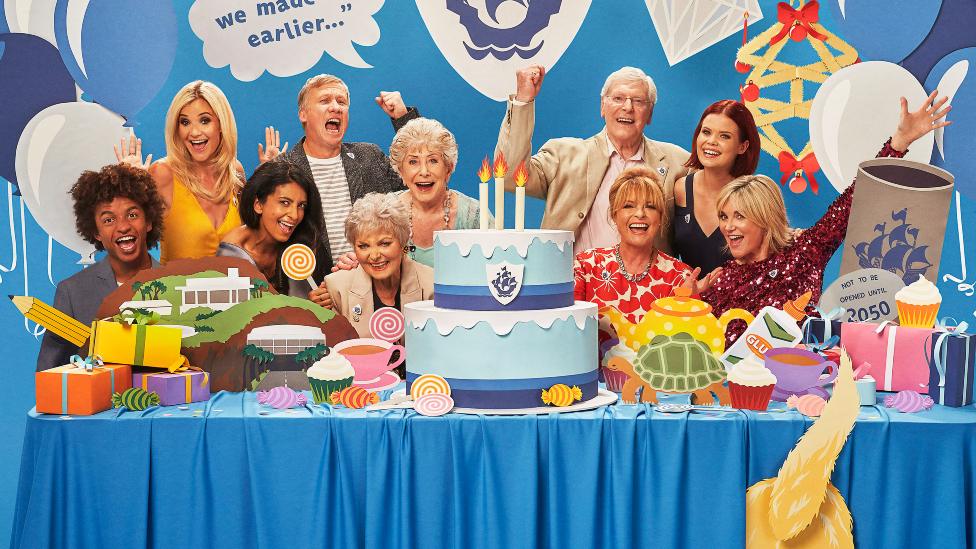
Some of Blue Peter's most famous presenters reunited for the show's 60th birthday in 2018
Blue Peter is the longest-running children's television show in the world, and has been fronted by 40 presenters since its launch in 1958
The show's famous ship symbol, the Blue Peter Galleon, was designed by TV artist Tony Hart (who received just £100 for his work)
That symbol adorns the famous Blue Peter badge, awarded to children who send in an interesting letter, poem, picture or story, or appear on the programme
The top honour is the gold Blue Peter badge, awarded to children who have shown particular bravery or expertise. On very rare occasions, adults can also be awarded the badge for inspiring children. Famous recipients include Sir David Attenborough, JK Rowling, Tim Peake, Mary Berry and the late Queen Elizabeth II
4. Radio 1's breakfast show
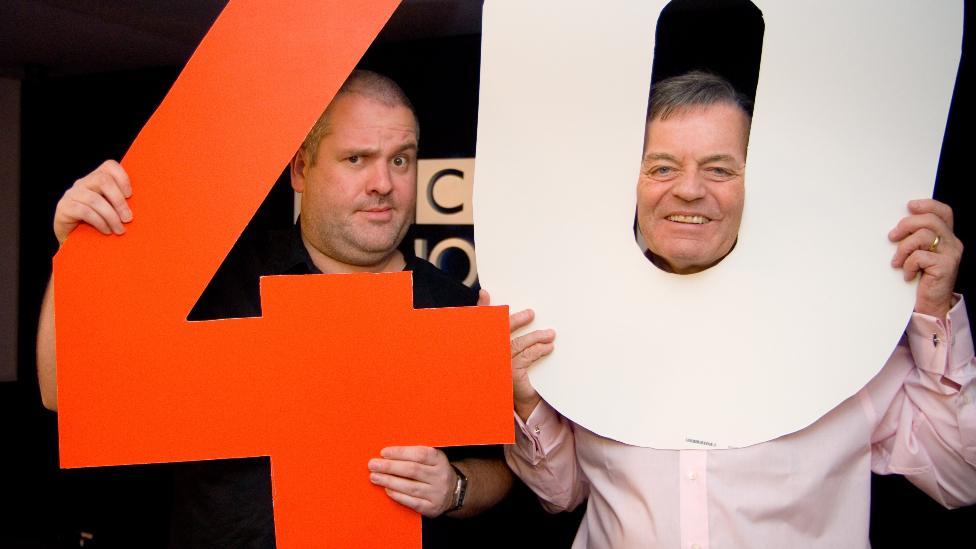
Chris Moyles, the longest-serving breakfast host, with Tony Blackburn, the first, pictured on Radio 1's 40th birthday in 2007
Established in 1967, the BBC poached several pirate radio DJs when it launched its pop music station, Radio 1. Until then, there were no radio stations where you could hear pop music on the BBC
The station's flagship breakfast show was considered the most prestigious slot in broadcasting - but its young and sometimes controversial hosts have occasionally caused bosses a headache
Chris Evans regularly hit tabloid headlines due to his partying lifestyle. He once took his team on a 17-hour pub crawl that ended two hours before they were due on air. He eventually resigned after managers refused his demand to work a four-day week
The first ever host was Tony Blackburn, now 79. Chris Moyles holds the record for hosting it the longest, reigning for nearly nine years. During his time on the show, he and his team also broke the world record for the longest individual live radio show, remaining on air for more than 51 hours in 2011
The breakfast show's first female host was Zoe Ball, who eventually also went on to become the first female breakfast host on BBC Radio 2.
5. The quizzes
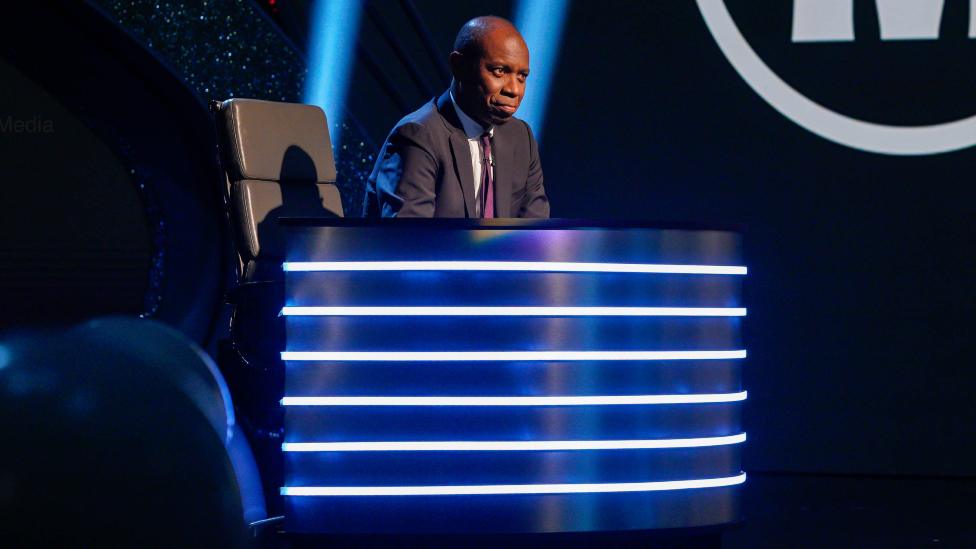
Clive Myrie recently took over as the presenter of long-running quiz show Mastermind
The BBC's wide variety of quiz shows have been a staple of the schedules for decades and are a firm favourite with viewers - as much for the colourful characters who appear on them as for the formats
One contestant on Pointless famously won the jackpot after her boyfriend advised, external her to answer "Henrik Larsson" to any questions about football
A more recent contestant on Mastermind was less fortunate, going viral by answering a question about a Swedish climate activist by randomly choosing the name "Sharon", external instead of Greta Thunberg
One of the UK's longest-running quiz shows is University Challenge, which originally ran on ITV but was rebooted by the BBC in 1994. The show has only had two presenters since its launch in 1962 (although it's about to get its third). The revolving door of slightly eccentric contestants, however, helps make it a hit even with viewers who struggle with the fiendishly difficult questions.
6. Top Gear
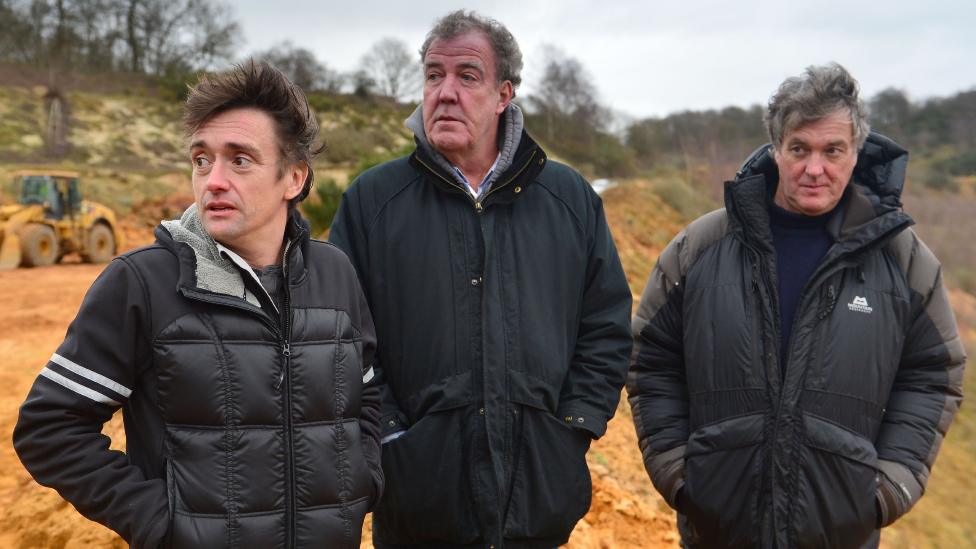
Clarkson (centre) was forced to leave the show after punching a producer - he, Richard Hammond and James May moved to Amazon
Top Gear is one of the BBC's most successful exports, and yet is also perhaps the most controversial
The show launched in 1977, but it was the Jeremy Clarkson, Richard Hammond and James May era (2003-2015) that was the most popular - and notorious
One of many controversies came when their car was attacked in Argentina after some locals mistakenly thought the FKL in their number plate was a deliberate reference to the 1982 Falklands War
Clarkson eventually had to exit the show after he punched a producer (the trio were then snapped up by Amazon). A tumultuous time for Top Gear followed, including a poorly received era hosted by Chris Evans, which had its own share of media storms, before the show settled down with a new presenting team led by Paddy McGuinness.
7. Desert Island Discs
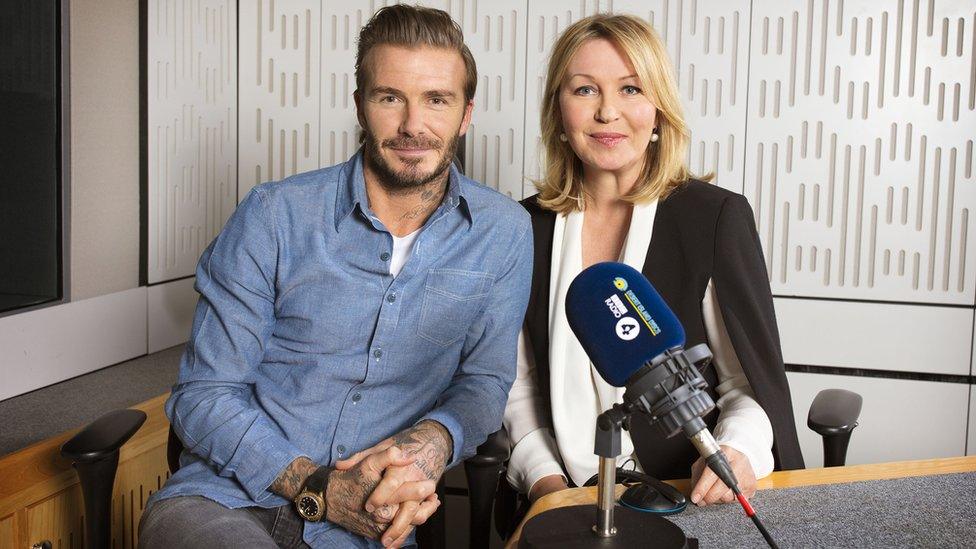
David Beckham with presenter Kirsty Young on Desert Island Discs' 75th anniversary
Radio 4 has given the world some of the BBC's most recognised programmes, but the distinguished guest list of Desert Island Discs makes it perhaps the most prestigious of all
Former prime ministers such as Margaret Thatcher, David Cameron, Gordon Brown and Theresa May have all been cast away on the famous desert island (although in nearly every case they appeared before becoming PM), as have national treasures such as Dame Judi Dench, Sir Billy Connolly and Adele
Dame Moura Lympany remains the only castaway to have chosen entirely her own recordings to be marooned with. But to be fair, that was her second appearance on the programme. The pianist told presenter Roy Plomley she didn't want to repeat her selections from her first appearance 22 years earlier, and that'd she "enjoy reminiscing" with her own records on a desert island.
8. Doctor Who
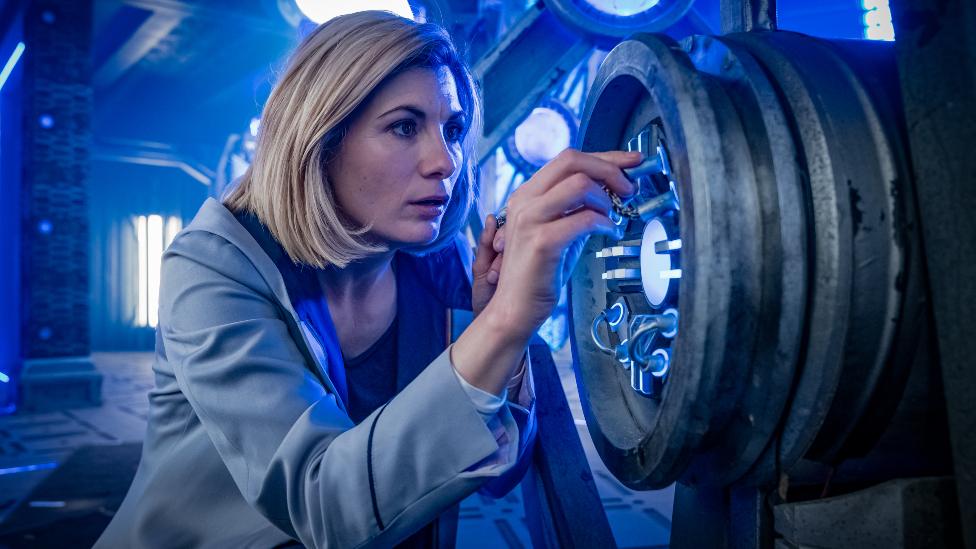
Jodie Whittaker became the first female doctor in 2017
The longest running sci-fi show in the world, Doctor Who first aired from 1963 -1989, and became known for prompting its young viewers to hide behind their sofas. It was rebooted in 2005 with Christopher Eccleston
The first doctor was William Hartnell, while the most recently appointed is Sex Education star Ncuti Gatwa, who will take over as the 14th doctor from next year
In the 1960s and 70s, when programmes were stored on tape, the BBC would often destroy parts of their archive to free up space, which resulted in 253 episodes of Doctor Who being deleted. However, many have luckily been recovered thanks to overseas broadcasters or fans finding old recordings in their attics, and now only 97 of the 253 lost episodes remain unaccounted for.
9. Fawlty Towers
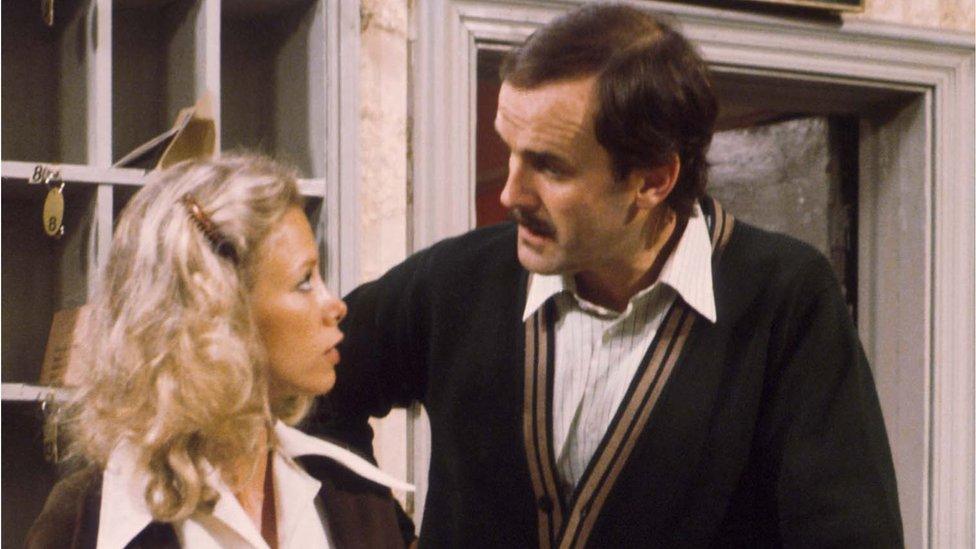
Connie Booth and John Cleese wrote Fawlty Towers together, but got divorced between the first season in 1975 and the second in 1979
The jewel in the BBC's comedy crown, Fawlty Towers has frequently topped lists of greatest sitcoms of all time, and yet only 12 episodes of it were ever made
Writer and star John Cleese based the show on a real Torquay hotel he once stayed at. He found the rude proprietors such fascinating characters that he had the idea for the TV series, which he wrote with his then-wife Connie Booth, who played Polly on screen
It was not an immediate hit, but it gradually grew its fanbase partly thanks to repeats, eventually leading to a second batch of six episodes being commissioned
The building used for the hotel's exterior was actually a golf club in Buckinghamshire, the remains of which were demolished in 1991 following a fire.
10. David Attenborough documentaries
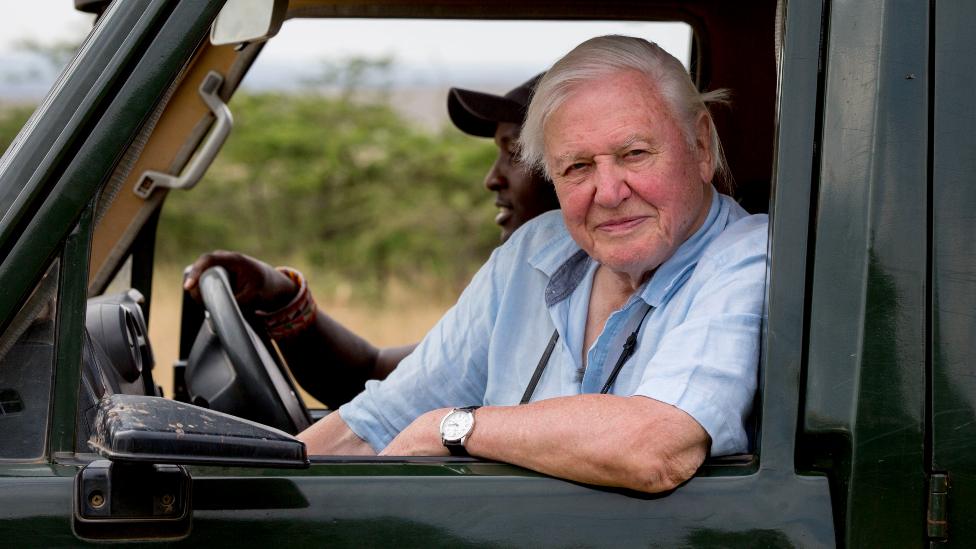
It is frankly impossible to pick just one programme to represent Sir David, as he has narrated a huge number of nature documentaries across his legendary broadcasting career, which has included not just presenting but management roles (he was the controller of BBC Two for four years)
But his career at the corporation didn't get off to the strongest start - he was rejected from the first job he applied for, the position of a radio talk producer. When he eventually got his first job in television, he didn't even own a TV
His 1979 series Life on Earth inspired a generation of documentary-makers and set him on the path to decades of world-renowned series, including Planet Earth, Life, Blue Planet and Frozen Planet
Sir David even had a polar research ship named after him in 2016. The British public had actually voted for the the £200m vessel to be named Boaty McBoatface, but RSS David Attenborough ultimately won out. However, in recognition of the public vote, one of the ship's remotely operated sub-sea vehicles was named Boaty instead.
Read more about BBC programmes and milestones of the last 100 years here.
Related topics
- Published18 July 2022
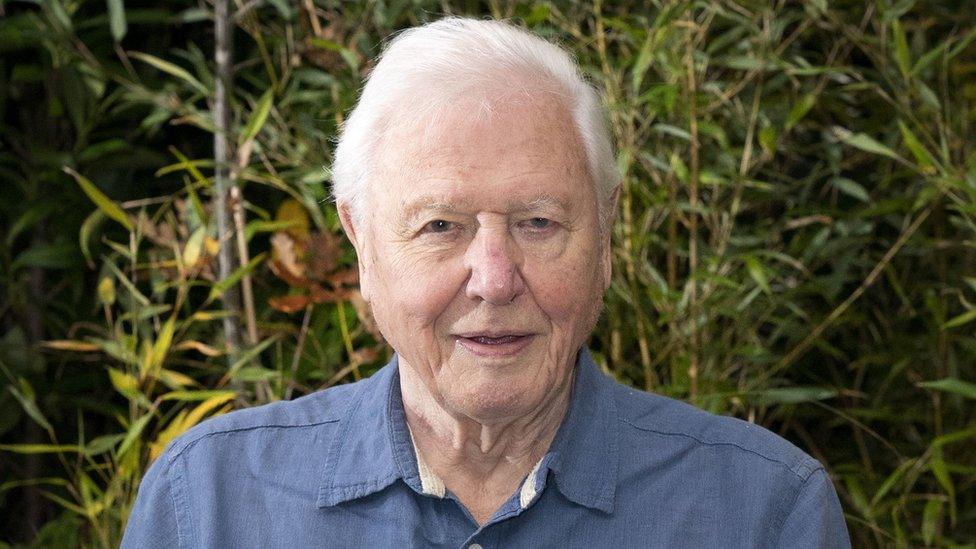
- Published18 November 2021
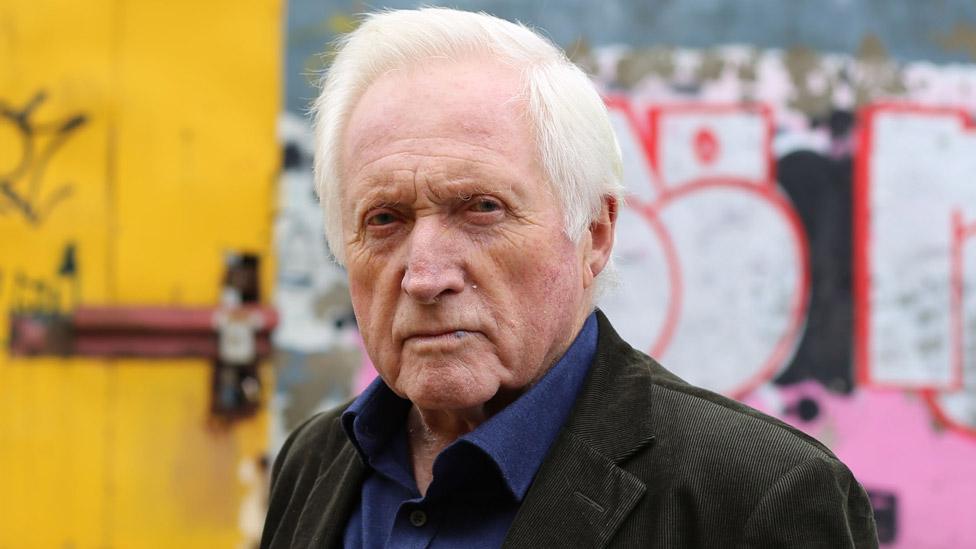
- Published22 December 2019
